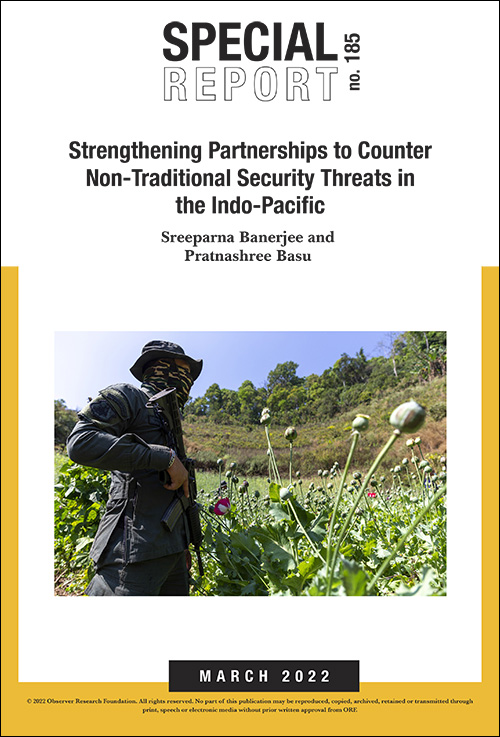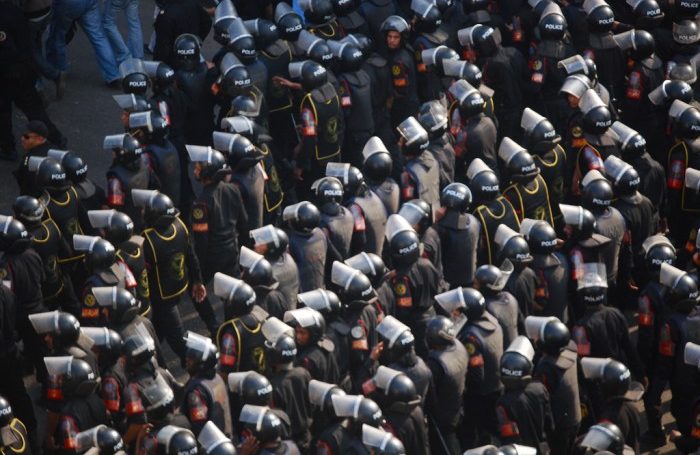Contemporary security is a concept that encompasses a wide range of issues and challenges facing individuals, communities, and nations in the 21st century. It includes traditional notions of physical security, such as protection against crime, terrorism, and conflict, as well as newer concerns such as cyber security, environmental security, and economic security.
At its core, contemporary security is about ensuring the safety and well-being of individuals and societies in the face of increasingly complex and interconnected global threats. It requires a multi-faceted approach that addresses a wide range of issues, from traditional military and police forces to diplomacy, development, and governance.
One of the key challenges of contemporary security is the rapidly changing nature of threats. In the past, security concerns were often more predictable and localized, with threats coming from within a given country or region. Today, however, threats can come from anywhere in the world, and can have global impacts. This includes issues such as terrorism, cyber attacks, and the proliferation of weapons of mass destruction.
Another challenge is the increasing interconnectedness of global systems. The rapid growth of the internet and other forms of communication has made it easier for individuals and organizations to connect and share information across borders. This has brought many benefits, but it has also made it easier for malicious actors to spread propaganda, hack into systems, and disrupt critical infrastructure.
To address these and other challenges, contemporary security requires a range of strategies and approaches. This includes traditional military and police forces, as well as diplomatic efforts to resolve conflicts and prevent the spread of violence. It also includes efforts to promote economic development, improve governance, and address social and environmental issues that can contribute to insecurity.
One key aspect of contemporary security is the role of international cooperation. In an increasingly interconnected world, it is crucial that nations work together to address common threats and challenges. This includes efforts to strengthen international institutions, such as the United Nations, as well as regional organizations and bilateral partnerships.
Overall, contemporary security is a complex and constantly evolving concept that requires a multi-faceted approach to address the wide range of threats and challenges facing individuals, communities, and nations in the 21st century. It is a critical issue that will continue to require the efforts of governments, international organizations, and civil society to ensure the safety and well-being of people around the world.







